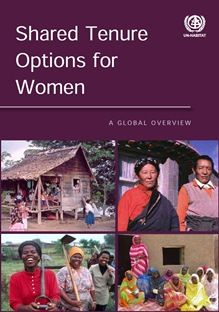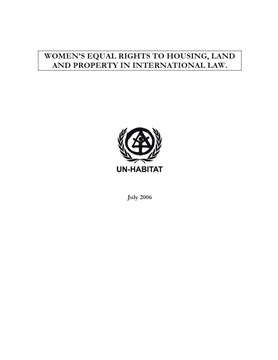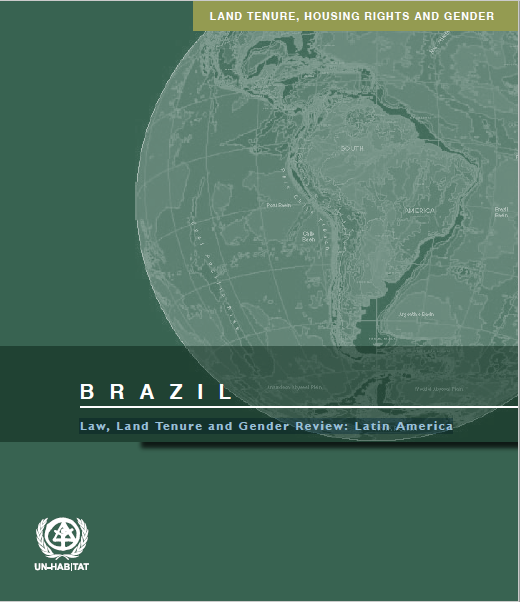Location
UN-Habitat is the United Nations programme working towards a better urban future.
Its mission is to promote socially and environmentally sustainable human settlements development and the achievement of adequate shelter for all. Cities are facing unprecedented demographic, environmental, economic, social and spatial challenges. There has been a phenomenal shift towards urbanization, with 6 out of every 10 people in the world expected to reside in urban areas by 2030. Over 90 per cent of this growth will take place in Africa, Asia, Latin America, and the Caribbean. In the absence of effective urban planning, the consequences of this rapid urbanization will be dramatic. In many places around the world, the effects can already be felt: lack of proper housing and growth of slums, inadequate and out-dated infrastructure – be it roads, public transport, water, sanitation, or electricity – escalating poverty and unemployment, safety and crime problems, pollution and health issues, as well as poorly managed natural or man-made disasters and other catastrophes due to the effects of climate change. Mindsets, policies, and approaches towards urbanization need to change in order for the growth of cities and urban areas to be turned into opportunities that will leave nobody behind. UN-Habitat, the United Nations programme for human settlements, is at the helm of that change, assuming a natural leadership and catalytic role in urban matters. Mandated by the UN General Assembly in 1978 to address the issues of urban growth, it is a knowledgeable institution on urban development processes, and understands the aspirations of cities and their residents. For close to forty years, UN-Habitat has been working in human settlements throughout the world, focusing on building a brighter future for villages, towns, and cities of all sizes. Because of these four decades of extensive experience, from the highest levels of policy to a range of specific technical issues, UN-Habitat has gained a unique and a universally acknowledged expertise in all things urban. This has placed UN-Habitat in the best position to provide answers and achievable solutions to the current challenges faced by our cities. UN-Habitat is capitalizing on its experience and position to work with partners in order to formulate the urban vision of tomorrow. It works to ensure that cities become inclusive and affordable drivers of economic growth and social development.
Members:
Resources
Displaying 186 - 190 of 223Women’s equal rights to housing, land and property in international law
[via UN-HABITAT] Women’s equal rights to adequate housing, land and property are well elaborated under international human rights law but are often elusive in practice. This document is a reference guide to international human rights standards identifying both the substance of women’s rights as well as the commitments made by States with regard to improving women’s rights to adequate housing, land and property.
Land Law and Islam
This book is a cross-cultural endeavour to promote global strategies for enhancing security of tenure in the Muslim world. It addresses the gap in both the human rights and Islamic literature on land and property issues.
Shared Tenure Options for Women
Security of Tenure is one of the cornerstones of Millennium Development Goal 7 on the improvement of the lives of slum dwellers, and is the main focus of the Global Campaign for Secure Tenure
Women’s equal rights to housing, land and property in international law
[From UN-Habitat] Women’s equal rights to adequate housing, land and property are well elaborated under international human rights law but are often elusive in practice. This document is a reference guide to international human rights standards identifying both the substance of women’s rights as well as the commitments made by States with regard to improving women’s rights to adequate housing, land and property.
Brazil: Law, Land Tenure and Gender Review: Latin America
This report on Brazil forms part of a study of law and land tenure in four Latin American countries. The study also includes a much broader regional overview covering land tenure throughout Latin America. A number of common and broad themes emerge from these studies, applicable in different degrees within the specific country contexts. A great deal of legislative reform has taken place in the region, and laws and policies are generally regarded as progressive.





